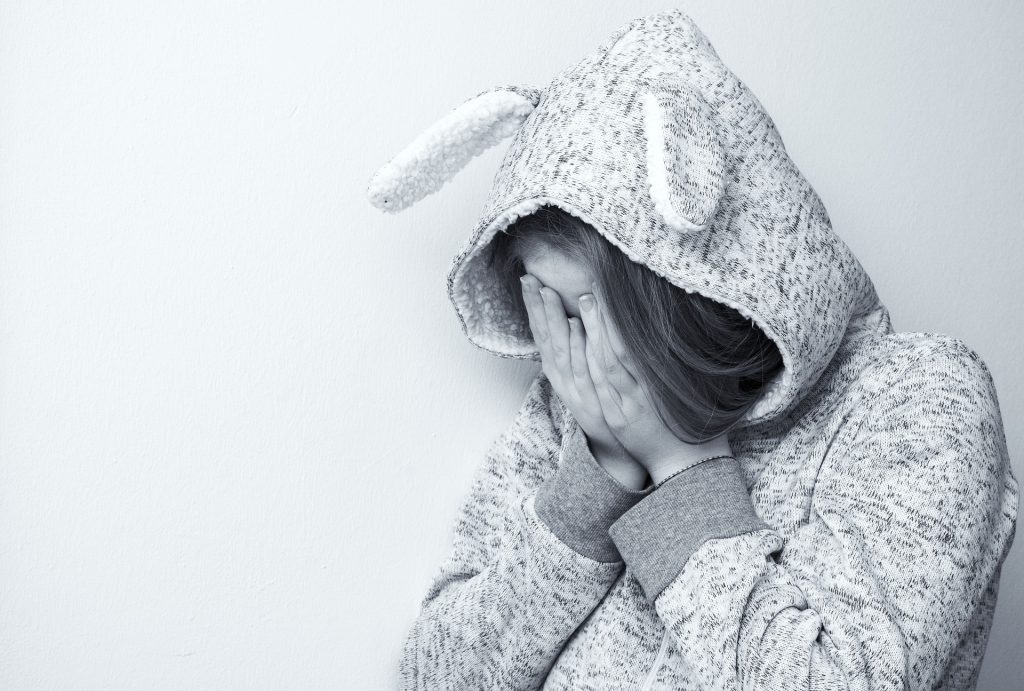The chaos and instability cemented into the foundations of a home where drug abuse and alcoholism is a common occurrence often manifests itself in the mind of the child who has to witness it. When home is where mistrust grows and outbreaks are inevitable, it becomes hard to fathom a life without resentment towards those you blame for making you different. You might have heard things your friends will never have to imagine; you might have seen things that most adults have only watched through their television screens, and you might have said things that you wish you’d never had the opportunity to regret.
Growing up surrounded by addiction has a peculiar way of determining how you think, feel and act as an adult. Today, I can put on a job application that I am an observant critical thinker: I can understand the dynamics of a situation, analyse them and find fault in their execution. But this has its downsides. A habit often visible in children who grow up needing to determine the potential dangers of a situation, is the tendency to pick up on every little detail. The change of tone in somebody’s voice or the way they walk down the stairs. This can become an obsessive and compulsive ritual for those who rely on their own quick observations to keep themselves and others safe.

“I realised that I was not as alone as I had imagined”
It took me a very long time to address the bitterness I had towards the heroin addict in my family, who I saw as the one individual responsible for my mother’s breakdown, my father’s anger and my own isolation. As I matured, I realised that addiction does not emerge in a vacuum and I began to direct my grievances elsewhere; namely, the institutions who are apathetic to the poverty that breeds addictions and the mental health services who require payments to see specialists who deal with personality disorders and psychosis, a common explanation for drug abuse.
More importantly, I realised that I was not as alone as I had imagined, and my life was not as predetermined as I had previously thought. Though you are a product of your experiences, the things you have had to endure and the memories you will forever carry, you are not confined to your earlier perception of yourself or who you will become. My experiences have allowed me to empathise with others, to care about the injustices that have led people to self-medicate, and to value the good actions of those who make it their objective to offer help.
We’re never completely aware of how our lives will pan out, or when the trauma will end, but talking to someone you trust is key to dismantling the barriers you may have built.
Editor’s note: This article was written by a Sprouter who wishes to remain anonymous. If you wish to share a story without giving your username just write the word “anonymous” at the top of your article and we’ll remove your username before publishing it.
If you would like to talk about the issues raised in this article, please contact Meic – the national information, advice and advocacy helpline for 0-25s in Wales. You can contact Meic by phone (080880 23456), text (84001) or instant message (www.meic.cymru) between 8am and midnight.

Related article:
More information:




